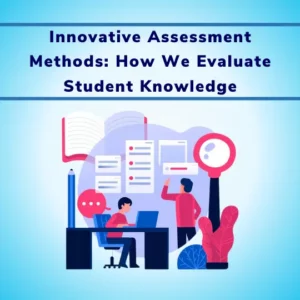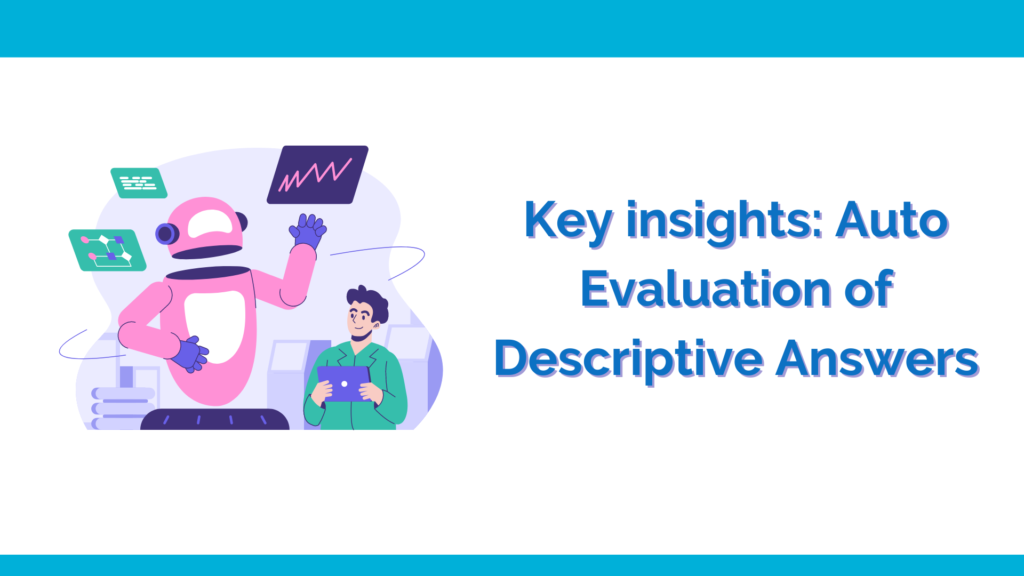
Article Contents
The problem of Manual Evaluation Descriptive Answers
Evaluating descriptive answers is a daunting task for many educators, especially when dealing with 10,000-20,000 student-typed responses. This requires numerous examiners to painstakingly read through lengthy answers and allocate marks, consuming significant time and manpower.
Time Consuming
Manual evaluation of descriptive answers is time-consuming. Evaluators need a lot of time to read and understand lengthy student responses.
Bias and Subjectivity
The process is subjective and can be biased. Even with careful reading long descriptive answers, absolute accuracy and fairness can’t be guaranteed.
Overlooking Paragraphs
Some paragraphs of descriptive answers may be overlooked during the evaluation. This can negatively affect a student’s overall score.
Dependence on Subject Matter Experts
The method is heavily dependent on experts. These people need to review and score answers, and this can slow down the process.

Delayed Result Declaration
The time taken for manual evaluations can cause delays in declaring results. Students may experience stress and uncertainty because of this.
Lack of Personalized Feedback
Personalized feedback is hard to provide with manual evaluations. The time-intensive nature of this method often doesn’t allow for detailed feedback for each student.
A study conducted to evaluate the effectiveness of an automated descriptive answer evaluation model involved a survey where students’ answers were evaluated both manually by professors and automatically by the model.
The results showed a high degree of accuracy in automated evaluation, closely mirroring the outcomes of manual grading. This suggests that with advancements in machine learning and computational intelligence, automated systems can significantly enhance the educational assessment landscape.
Rise of AI and Machine Learning Technology
AI and Machine Learning have become a huge part of our daily lives and agreeably so it has made our lives and daily tasks much easier than before. 37% of businesses and organizations use AI. Nine of these 10 leading companies have invested in AI technology, but fewer than 15 of these companies are using AI skills in their operations.
While most academic processes are being streamlined in a digital way, the descriptive answer evaluation still remains a manual process.
In recent times, many reputed organizations have shifted the descriptive answer evaluation process to a digital method.
As AI and ML are impacting each and every aspect of our lives, ML is likely to impact the way descriptive answers are checked. With AI-integrated descriptive answer evaluation systems, it is possible to automate the evaluation of descriptive answers.
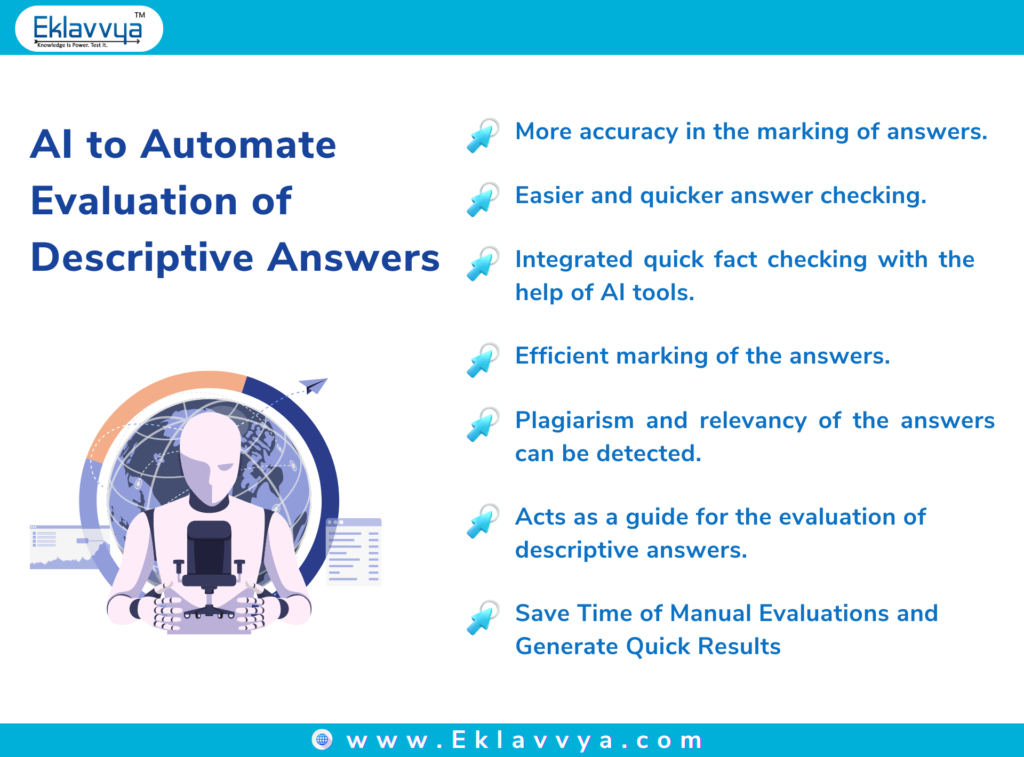
The AI-integrated tool keeps getting better over time.
The ML algorithms keep learning from the data fed to them, after giving inputs of a large number of descriptive answers and marking patterns, the ML can help in guiding if the answer is correct and up to the mark. With time, the ML will keep getting better on the basis of the data pattern it encounters.
In order to understand how AI can help in automating the descriptive answer evaluation, let us analyze each factor that is taken into consideration by the evaluators.
What are the factors that evaluators use to evaluate descriptive answers?
1. Accuracy
The accuracy of the answer and how much it relates to the question asked. The best answer is one that completely addresses the question.
How can AI help in checking the accuracy of answers- The AI learns from the data fed to it, before starting the process, the evaluator can give the input of the ideal answer for the question, and the AI categorizes the accuracy of the answer with reference to the input provided by the evaluator.
2. Keywords
An examiner expects students to mention certain keywords in the answer, these keywords vary from question to question. When the student mentions the required keyword, it can be easier to conclude that the student knows the concept behind answering that particular question.
There can be primary and secondary keywords in the answers, the primary keywords are directly linked with answers while secondary keywords are relevant to the question but are closely linked with the primary keyword and not the question.
For example:
For a question- How is it identified if a substance is acidic or basic?
Ideal answer- A litmus test can be conducted on the solution to understand if the substance is acidic or basic. Alternatively, the pH meter can be used for the same. a pH meter can help us understand the pH which is a measure of acidity or basicity.
Primary Keywords from the ideal answer- Litmus, Litmus test, pH meter.
Secondary Keywords form the ideal answer- Acidity, Alkalinity, electrical potential, hydrogen concentration, potentiometric pH, Lichen derived litmus.
How can AI help- Once, on the basis of the expected answer, the keywords are fed by the evaluator in the system, the AI can actually scan through the descriptive answers in seconds to search for the keywords and mark these keywords. Further, the presence of secondary keywords can help you in understanding the accuracy of the answer.
3. Structure and concept
Evaluators check if the structure of the answer is up to the mark and if they have applied the concept of the topic to the answer to base their opinions.
How can AI help- AI/ML algorithms keep learning from the pattern; if the evaluator feeds the system with a single/ or multiple ideal answers, the AI system can analyze in a few seconds if the structure of the answer is as per requirement or not. The system can further allocate the marks and notify the same to the evaluator.
4. Relevance
The other factor is the relevance of the answer related to the question. If the answers written by the students are relevant to the topic given.
How can AI help- The accuracy, answer length, structure, and application of the correct concept cumulatively affect the relevance of the answer. With the data fed to the AI system, the AI tools can understand if or not the answer is relevant, and can award marks on the basis of the same.
5. Authenticity of the answer
All other factors discussed till now were closely linked, but the authenticity of the answer is a highly important factor as it is totally independent of other factors, meaning that a highly accurate answer may not be authentic.
A major limitation when it comes to manual evaluation is that the evaluator may not easily conclude the authenticity of the answer.
How can AI help- An authentic answer is one that is unique and not copied from any sources. AI-based evaluation tools can be integrated with Plagiarism checkers to conclude automatically on the authenticity of answers, that too with a good degree of confidence.
How can the digitalization of the evaluation of Descriptive answers help ?
AI and Machine Learning can help as a guideline for the evaluation of descriptive answers.
It can provide insights and facts when it comes to evaluating an opinion-based answer in order to check the authenticity and relevance of the answer.
AI helps in evaluating the descriptive answers faster and helps the teachers get a quicker scope through the descriptive answers by providing a guide throughout the evaluation of the descriptive answer.
It will also help in the marking and evaluation of the descriptive answers more accurately and efficiently.
Using AI tools can make it possible for teachers to mark and evaluate descriptive answers in bulk so that they can finish a lot more than they would manually.

Conclusion
The use of AI and Machine Learning can make it not only easy but also accurate when it comes to evaluating descriptive answers.
As our education and the use of technology in education and learning only keeps growing, the use of AI and Machine Learning will soon be implemented in the evaluation of descriptive answers. With these features, no wonder that AI can increase the efficiency of evaluators.
As AI and Machine Learning only stay relevant and becomes important in daily life it is only fair to note that the incorporation of AI and machine learning for the evaluation of descriptive answers will soon become the new norm.


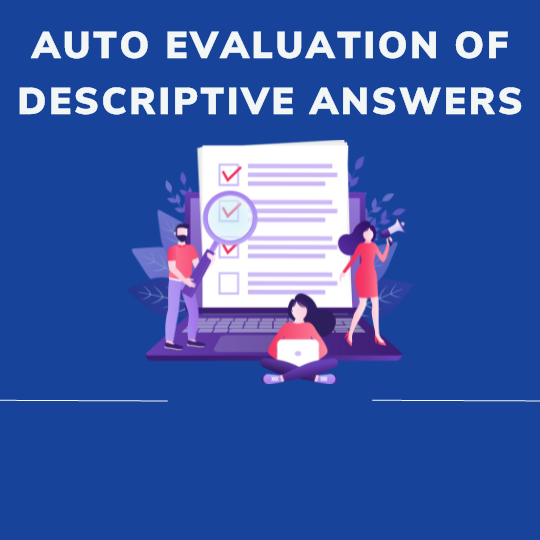

![How Government-Led Exams at 250+ Locations Are Setting New Standards of Integrity [Case Study]](https://www.eklavvya.com/blog/wp-content/uploads/2024/04/Enhancing-Exam-Integrity-Government-Certification-in-250-Locations-150x150.webp)
![Transforming Central Govt. Exams Evaluation: How Onscreen Marking is Leading the Charge [Case Study]](https://www.eklavvya.com/blog/wp-content/uploads/2024/04/How-Onscreen-Marking-Revolutionized-Central-Govt-Exams-Case-Study-1-150x150.webp)
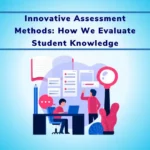
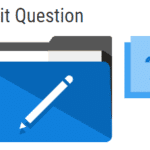

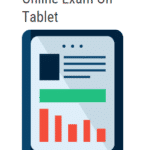











![How Onscreen Marking Revolutionized Central Govt Exams [Case Study]](https://www.eklavvya.com/blog/wp-content/uploads/2024/04/How-Onscreen-Marking-Revolutionized-Central-Govt-Exams-Case-Study-1-300x300.webp)
